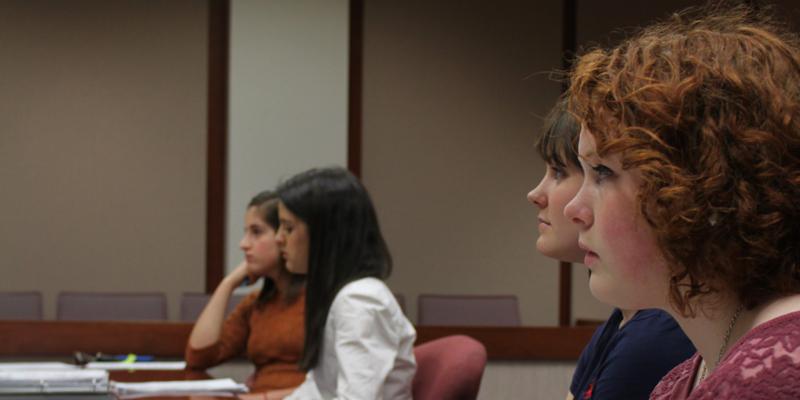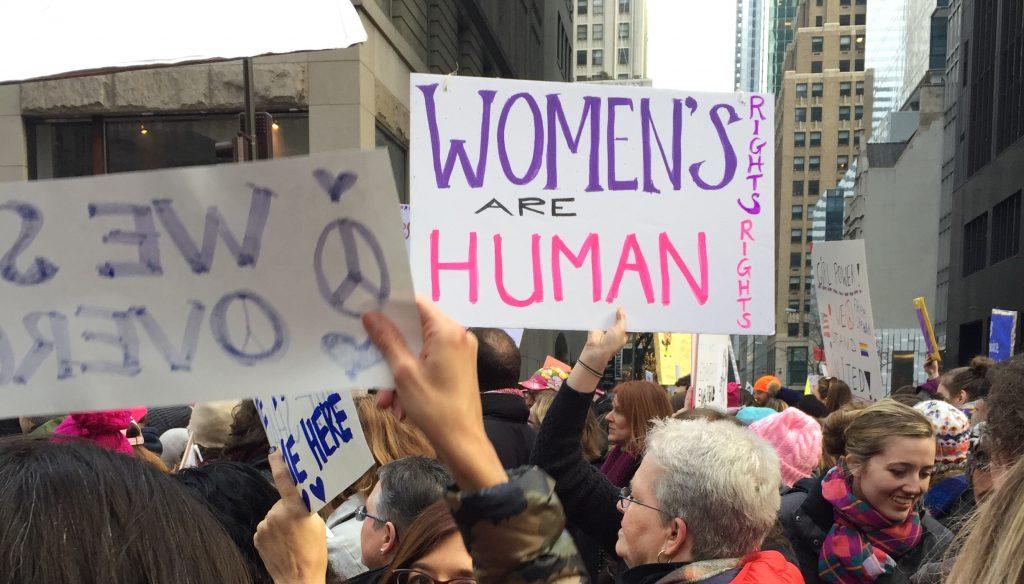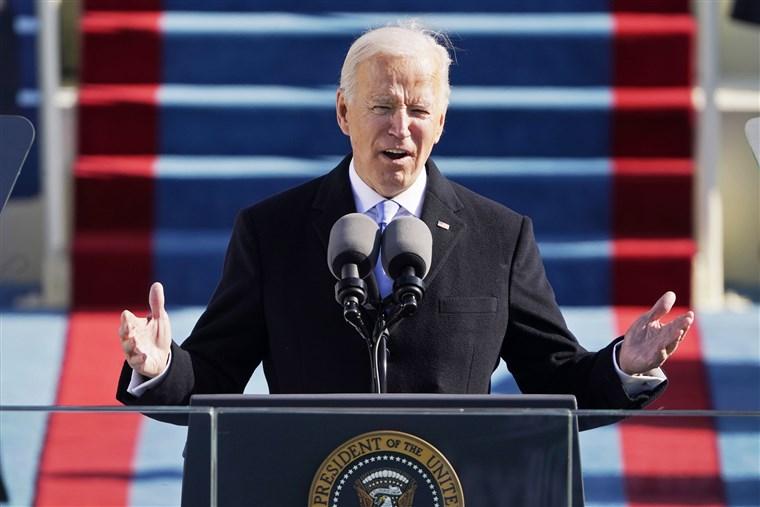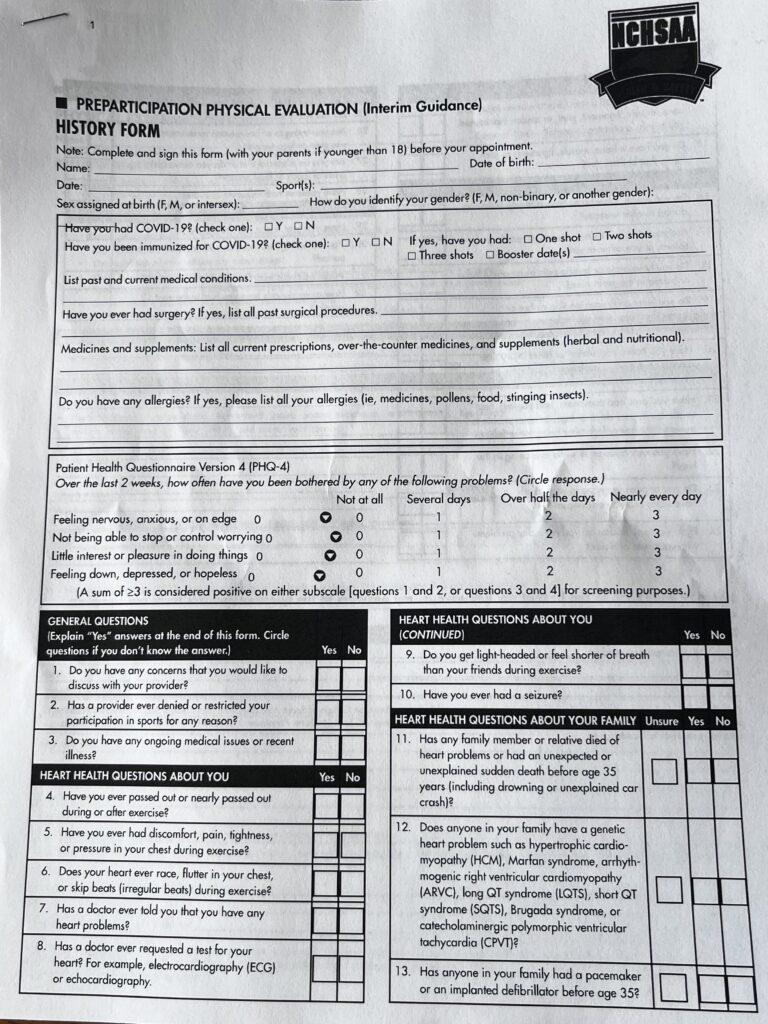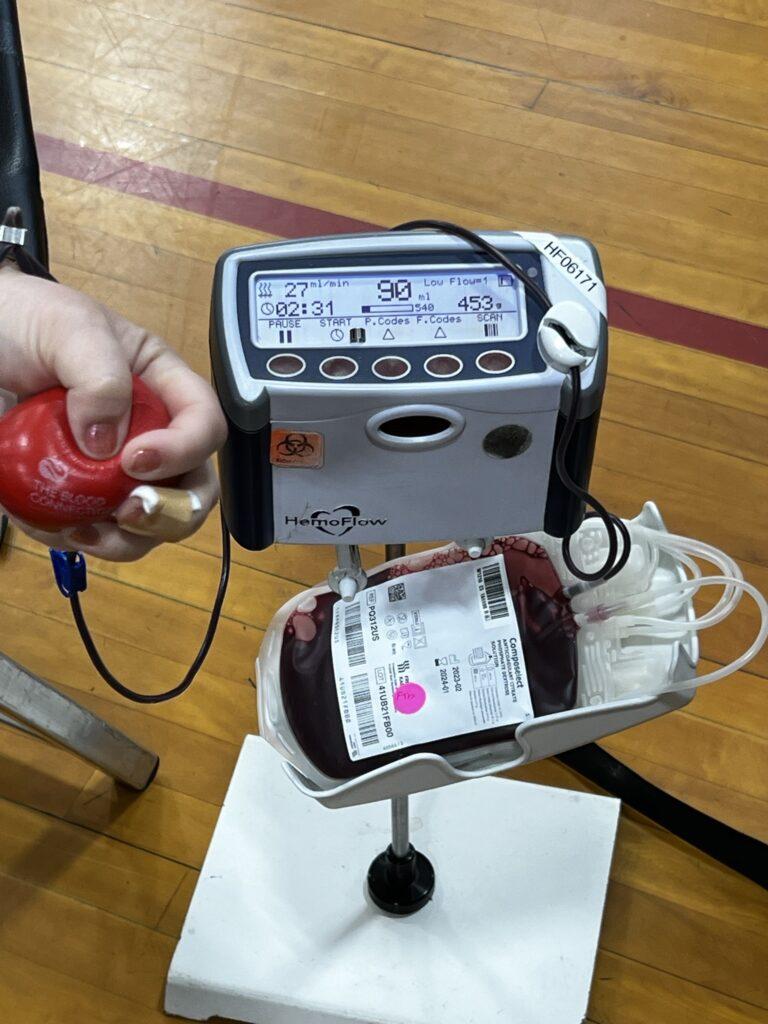I am a social anxiety-ridden Broadway star because of mock trial.
Allow for me to explain. From a young age, I feared public speaking. “Show and tell” was a knee-knocking nightmare in first grade while middle school presentations on Ho Chi Minh made my stomach roll. During freshman registration, I steered clear of theater and chorus classes, choosing to focus my attention on extra history or journalism courses. It was easy to avoid the spotlight – that is, until sophomore year.
Attracted by the grandeur and importance of historical court cases, I joined the mock trial team my second year of high school (admittedly ignorant of all that the group entailed). Perhaps I thought the extracurricular involved the studying of law verdicts or the composition of essays analyzing the importance of an unbiased jury, who knows?
However, with these misconceptions in mind, I slipped silently into the first mock trial practice. As I was handed endless pages of case materials and binder clips (nearly avoiding an Office Max-induced coma), a veteran team member erased the classroom whiteboard, making room for a date to be scribbled in blue Expo.
“Guys, February first is our big debut,” the brown-haired girl said with a childish ardor. “It’s competition day, so get your blazers ready.”
While fellow club members rambled on about the perks of the North Carolina Advocates for Justice Mock Trial Competition (ie., the free cookies), I could only focus on the potential downfalls of the event. I had unknowingly scored the lead role in a Broadway production. As a witness, my team expected me to effectively convey information to the jury, to engage in what I hated most – public speaking.
As I mulled over whether or not to quit the team, memories of painful “show and tell’s” and presentations on Ho Chi Minh filled my consciousness. Sure, my rock collection was awesome (at the time) – however, presenting a geode in a trembling whisper wasn’t convincing. I realized that if attorneys and witnesses presented the case in the way I presented myself, little action would occur both within the realm of the court room and beyond.
Thus, after some panic-induced deliberation, I decided to stick with it – to make the court room my stage. Now, this is not an essay describing a flawless transition into Broadway. No, even as an attorney I strayed from the script. However, along the way I not only learned about objections and hearsay exceptions, I also learned that law does not involve reticence – rather, the tenets of the judicial branch defy passivity.
On the same note, leadership does not involve diffidence. Sure, my knees were knocking while crossing witnesses. However, avoiding the spotlight is no way to obtain an encore. A leader (both within law and elsewhere) serves as an example for their co-counsel, effectively conveying information to the jury – making the court room their stage.
Thus, I am a social anxiety-ridden Broadway star because of mock trial.
By Lauren Stepp, editor-in-chief

